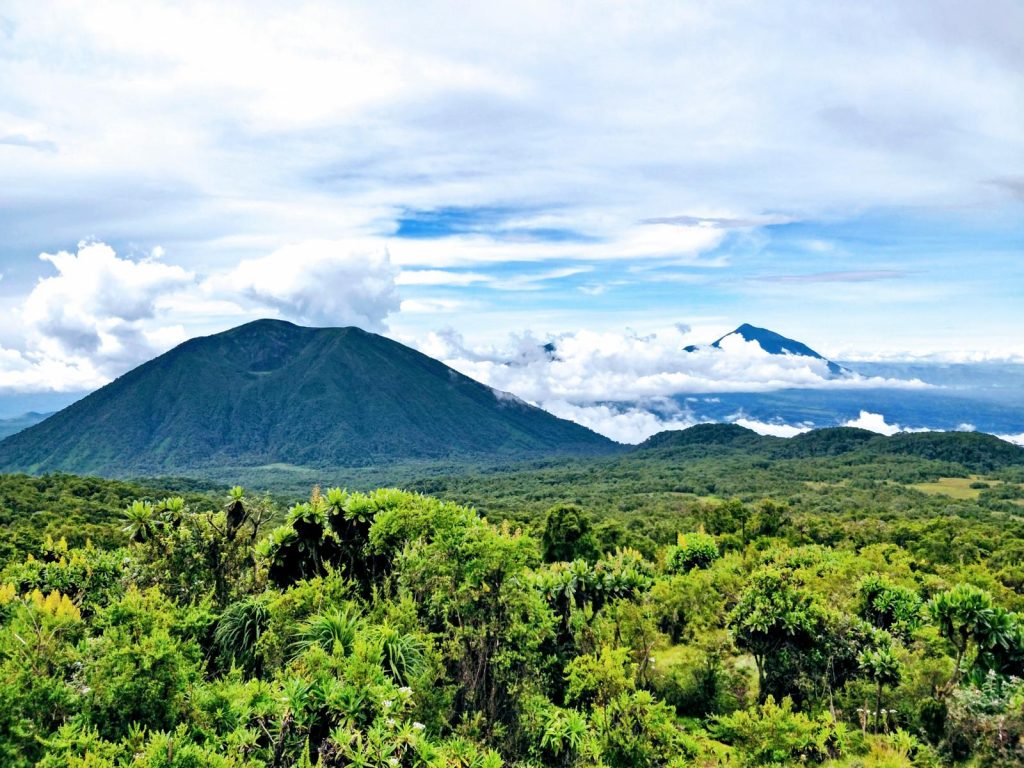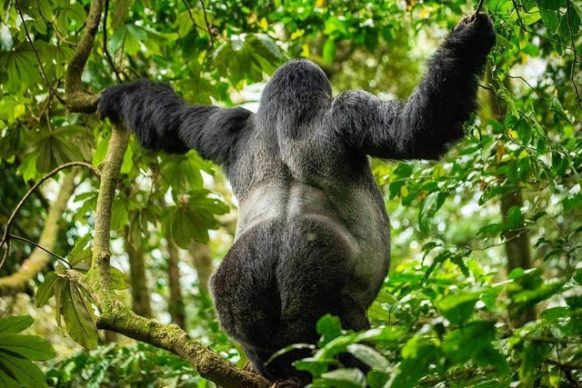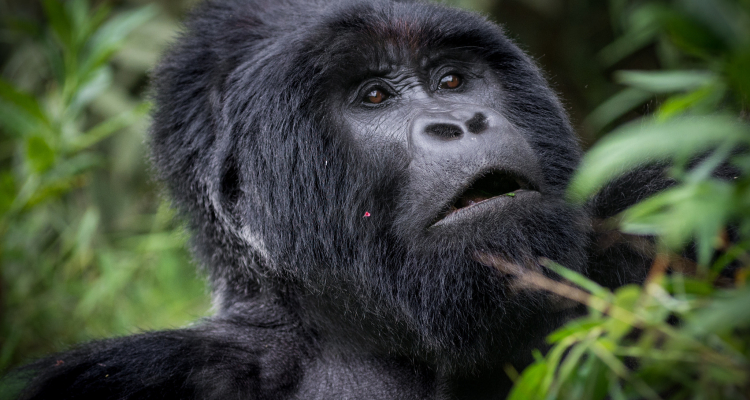Hiking Mount Karisimbi Hiking Mount Karisimbi: Mount Karisimbi is the highest of the volcanoes found…
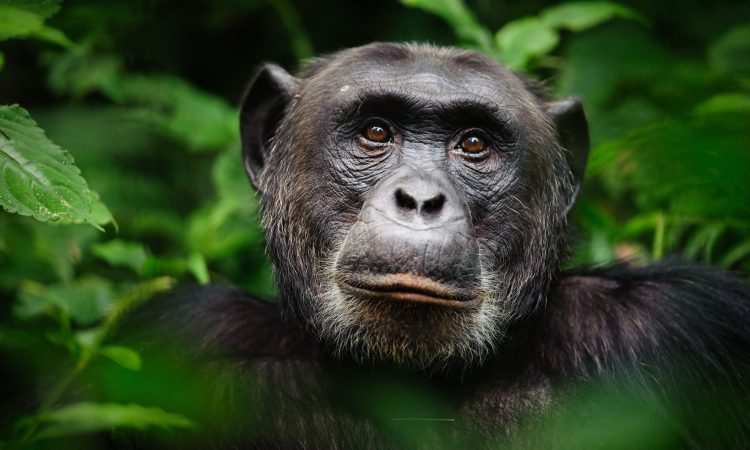
Frequently asked Questions About Chimpanzee trekking in Uganda
Frequently asked Questions About Chimpanzee trekking in Uganda.
Frequently asked Questions About Chimpanzee trekking in Uganda , a chimpanzee habituation experience involves following a semi-habituated troop of primates and spending four hours with them, whereas chimpanzee trekking involves following a completely habituated colony and spending an hour with them.
Chimpanzee trekking permits cost $250 per person per tour in Kibale National Park, whereas chimpanzee habituation experience permits cost $300 per person per trek.
A maximum of 6 tourists per troop are permitted for chimpanzee trekking, while a maximum of 4 tourists are permitted for chimpanzee habituation experiences.
For the morning session, the chimpanzee habituation experience begins early, between 05:30 and 06:30, giving you the opportunity to see the primates during their de-nesting period. For morning sessions, chimpanzee trekking usually begins at 8:00 a.m.
CAN I PURCHASE THE CHIMPANZEE HABITUATION PERMIT FOR UGANDA IN INSTALLMENTS?
The 30% and 70% installment chimpanzee habituation permit sales are accepted by the Uganda Wildlife Authority. Remember to top up 90 days before the habituation date, and this only applies to individuals who purchase their chimpanzee permits 90 days in advance.
You are subject to a fine if you neglect to replenish your chimpanzee permit. To reduce the likelihood that you may forget to top up, it is preferable to acquire your chimpanzee habituation experience permit in full.
WHAT IS THE AGE LIMIT FOR THE CHIMPANZEE HABITUATION EXPERIENCE?
Only anyone above the age of 12 is permitted to undergo chimp habituation. This is because the time you spend in the bush looking for chimps may be too long for a child of this age to survive.
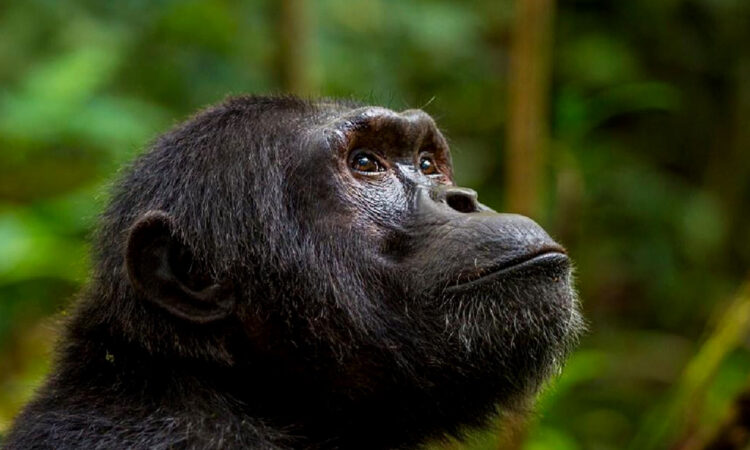
When searching for chimps, you must keep your voice low; nevertheless, for a child under this age, this may be difficult to bear due to the chimps’ sometimes provocative nature.
At first glance, the chimps may be afraid of a youngster under this age, but showing indications of fear makes you appear suspicious in front of the chimps, which may cause them to flee.
WHAT ARE THE GUIDELINES FOR THE CHIMPANZEE HABITUATION EXPERIENCE IN UGANDA?
When you find the chimps, keep a space of around 8 meters between you and them. They are wild animals that may infect you, or you may infect them. This is one of the precautions you could take.
Volunteer to stay behind if you contract a contagious disease such as the Corona virus, the flu, or cholera. These animals are vulnerable to infection because their DNA is 96% identical to that of humans.
Never eat or smoke in front of the chimps since they may steal it from you. Please do not feed the chimps, as they are naturally expected to forage for food and not rely on human assistance. If you want to eat, stay roughly 200 meters away from them.
Children under the age of 12 are not permitted to participate in the chimp habituation experience because they may not be able to withstand the conditions in the wilderness or prolong their stay in the forest while the time for identifying the chimps is still being determined.
Enter the forest only with a park ranger because other forest dwellers may injure you or lead you to go lost.
If you want to make a long call, ask the ranger guide to dig a hole at least 30 cm deep and cover waste completely.
It is illegal to make noise in the outdoors while looking for chimpanzees. They are highly sensitive monkeys who are terrified of strange noises in their environments.
Flash photography should never be used when traveling with chimpanzees because it can frighten them. Chimpanzees are regularly startled by unusual occurrences in their environment. This could drive the chimp deeper into the tropical bush.
Provoking the chimps is prohibited because they may get violent, but this has never happened in Uganda’s chimp trekking history. It’s also a possibility. It is banned to mimic chimps because you may communicate anything strange. These primates are extremely sensitive, particularly to what intruders do while they are with them.

